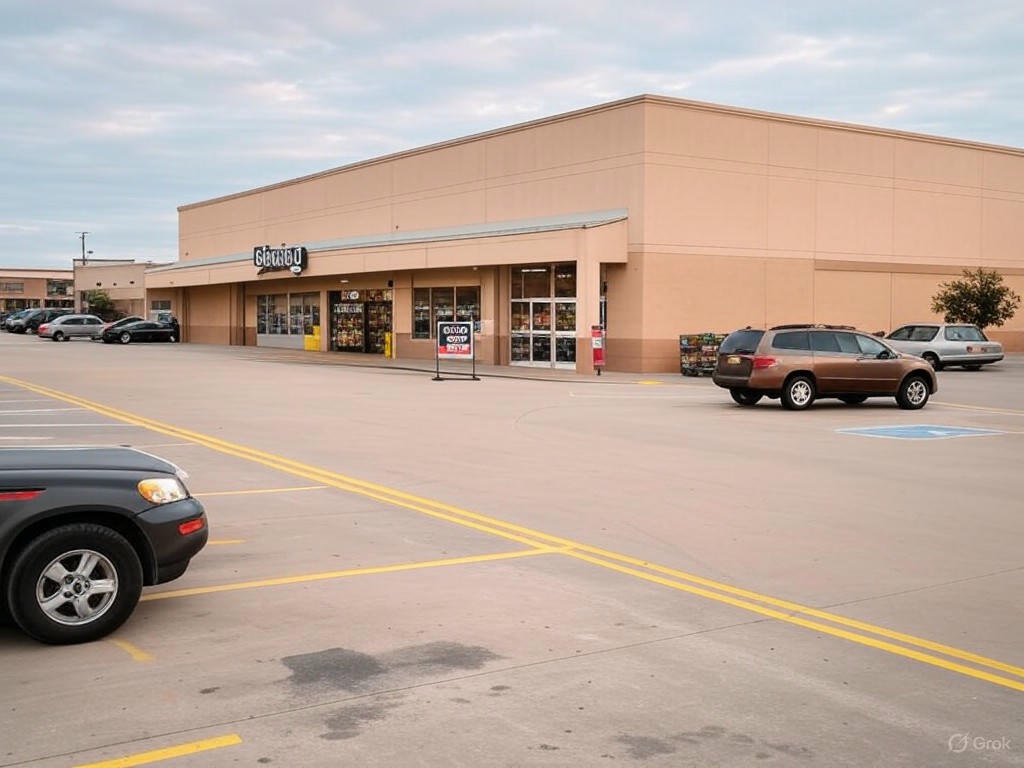Kroger’s Texas Store Closure Signals Broader Retail Challenges
In a surprising yet sobering move, Kroger, one of the nation’s leading supermarket chains, has announced the closure of a Texas location as part of a sweeping plan to shutter approximately 60 stores across the United States. This decision comes on the heels of a failed merger attempt with rival Albertsons last year, a deal that many industry analysts believed could have reshaped the competitive landscape of the grocery sector. While the company has not disclosed the exact reasons for each closure, the move highlights the mounting pressures facing traditional retail giants in an era of shifting consumer habits and economic uncertainty.
The Texas store, which has served as a community staple for years, is among the casualties of Kroger’s strategic reassessment. Employees and local shoppers were caught off guard by the news, with many expressing concern over job losses and reduced access to affordable groceries. The closure is not just a blow to the immediate neighborhood but also a reflection of broader challenges in the retail industry. Rising operational costs, intensified competition from discount chains and e-commerce platforms, and changing demographics have forced companies like Kroger to reevaluate their physical footprints. In some regions, underperforming stores are no longer viable, even for a corporation with the scale and resources of Kroger.
Industry experts suggest that the failed merger with Albertsons may have played a role in this wave of closures. The proposed union was seen as a way to achieve greater economies of scale, potentially allowing Kroger to streamline operations and fend off competitors. Without the merger, the company appears to be taking a more conservative approach, trimming down its network to focus on high-performing locations and investing in digital infrastructure to capture the growing online grocery market. Additionally, inflationary pressures and supply chain disruptions have squeezed profit margins, leaving little room for stores that fail to meet financial targets.
For Texas communities affected by the closure, the impact extends beyond convenience. Local leaders are already voicing concerns about the economic ripple effects, from lost jobs to decreased foot traffic for nearby businesses. Some residents worry about the emergence of food deserts, particularly in areas where alternative grocery options are scarce. Kroger has stated it will work to support displaced employees, potentially offering transfers to other locations, but such promises often provide little solace to those facing immediate uncertainty.
As Kroger navigates this difficult chapter, the closures serve as a stark reminder of the evolving retail landscape. The grocery giant must balance the need for profitability with its role as a community anchor. While the Texas store closure may be a small piece of a larger strategy, it underscores the delicate tightrope that traditional retailers walk in adapting to modern challenges. Only time will tell if Kroger’s decisions today will position it for a stronger tomorrow or signal deeper struggles ahead.


